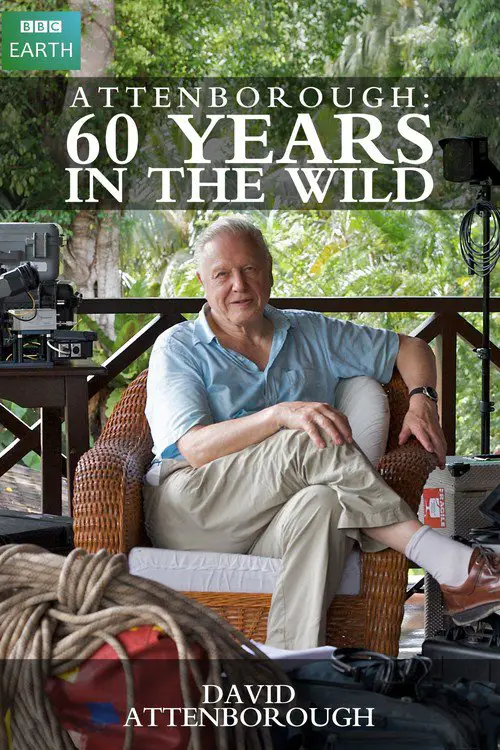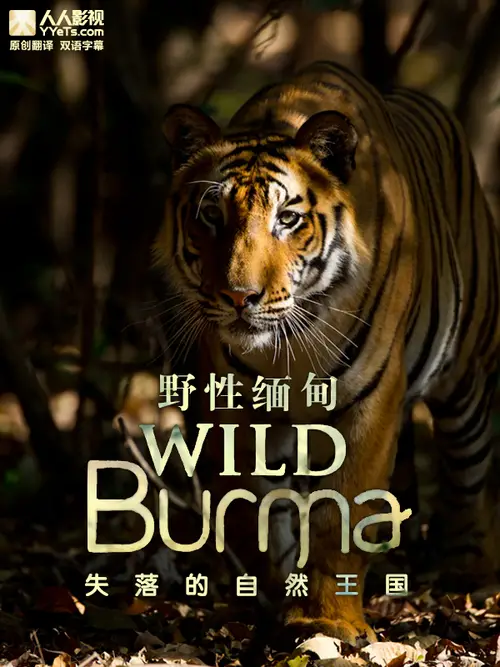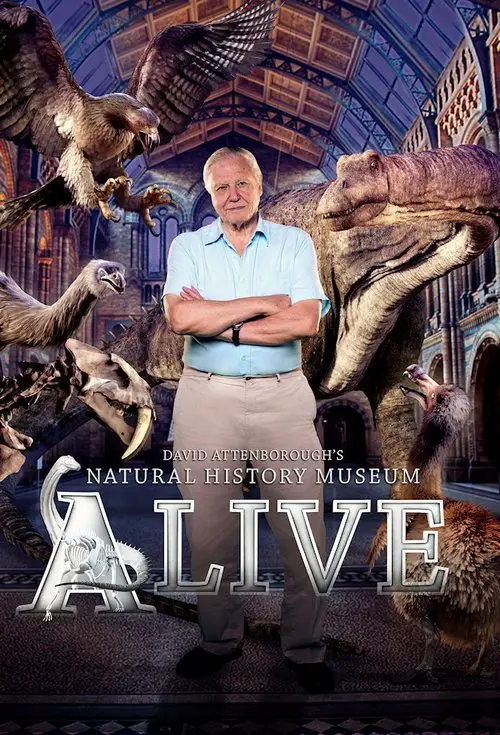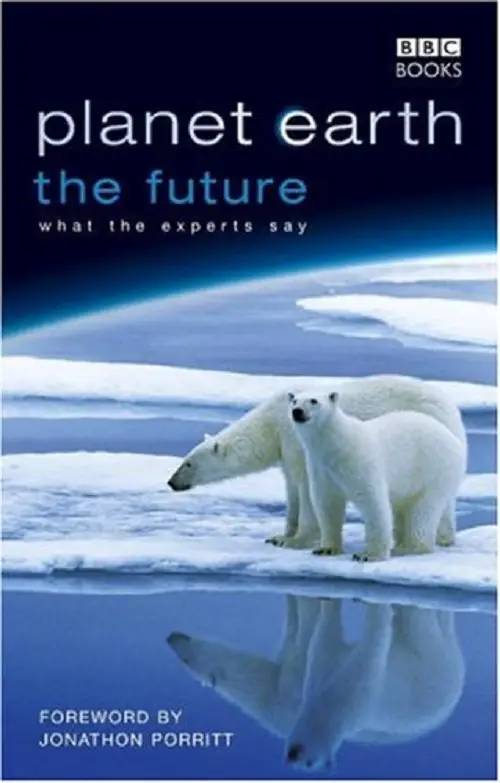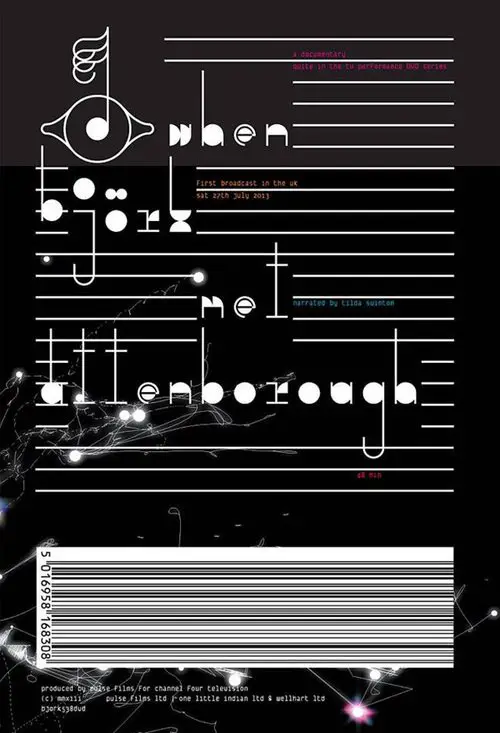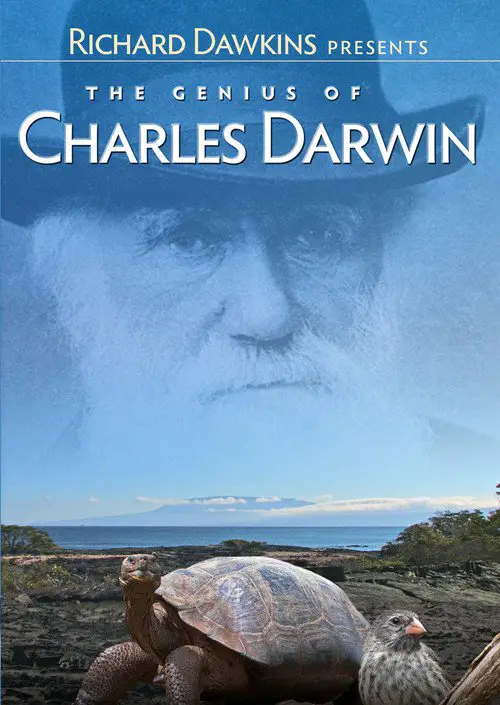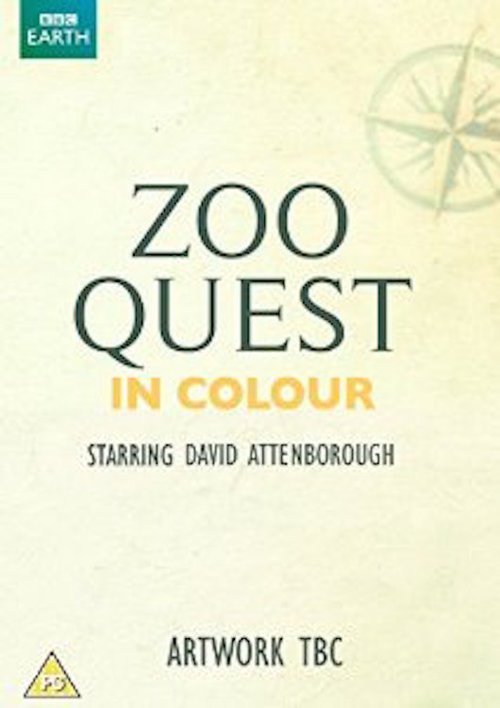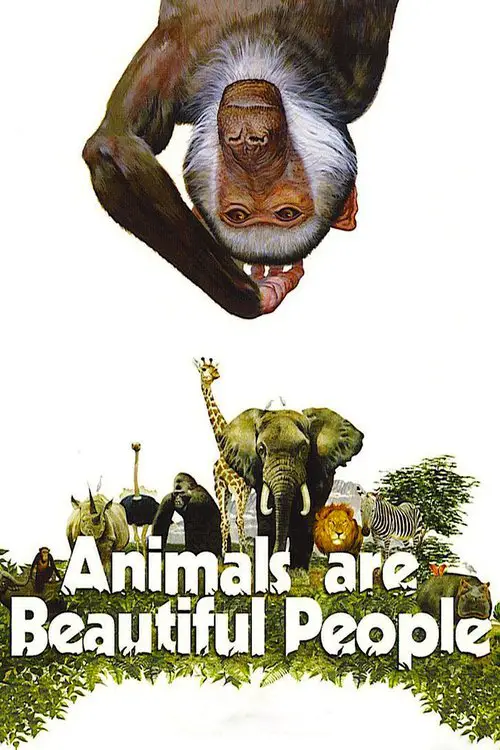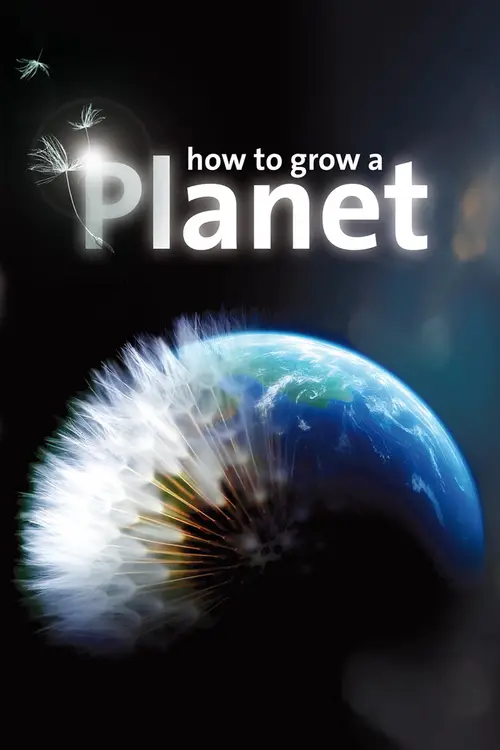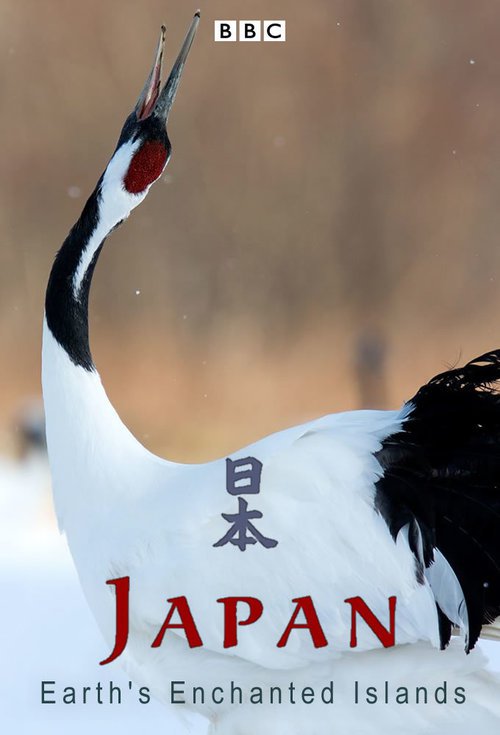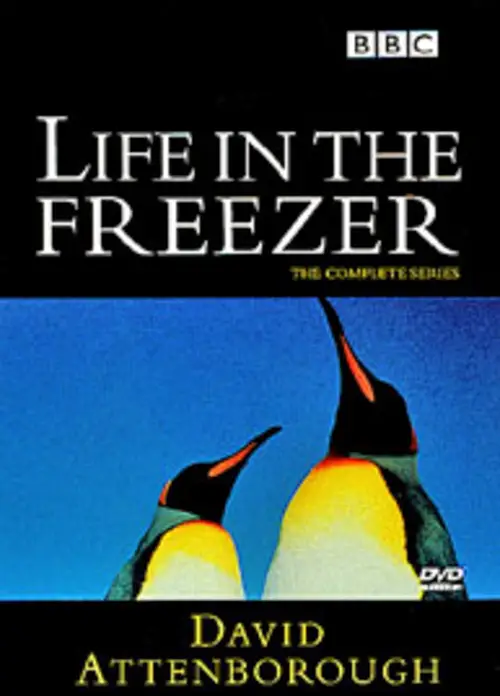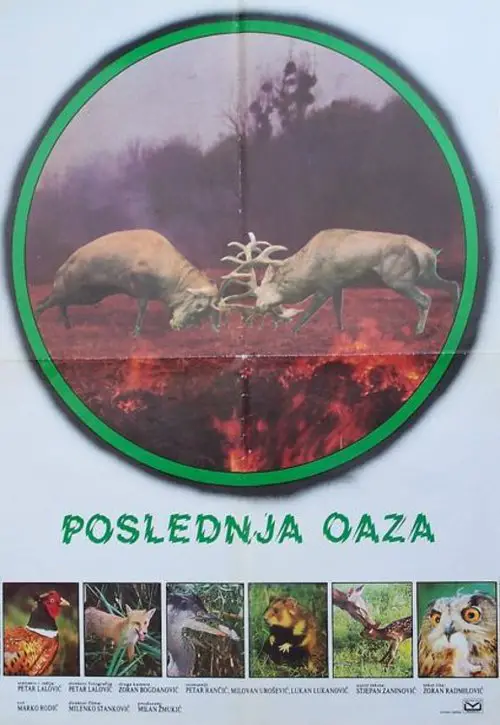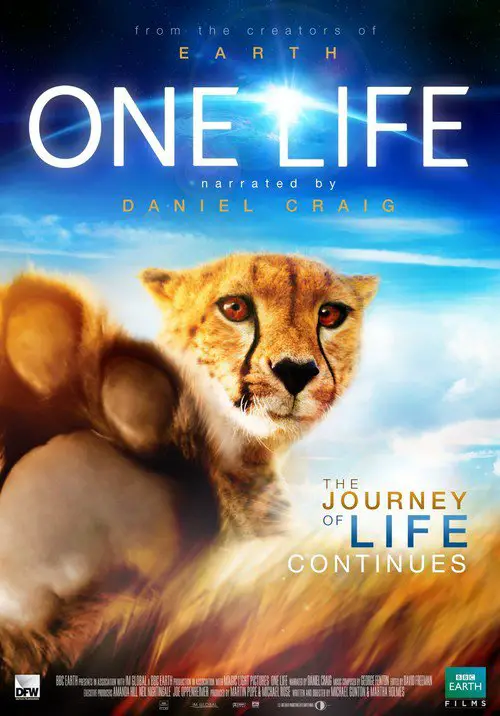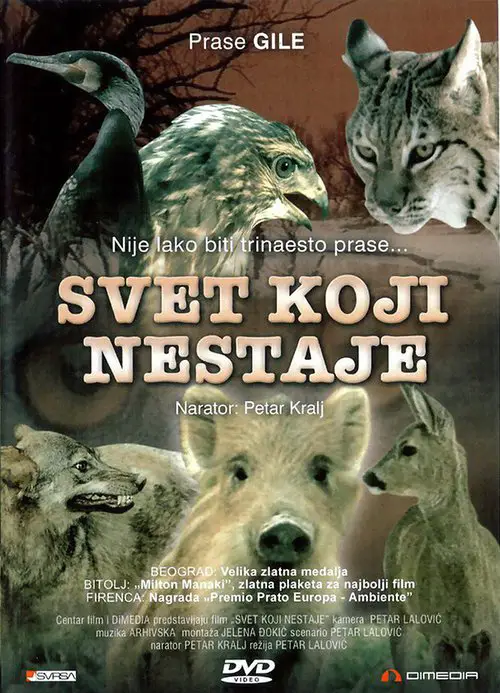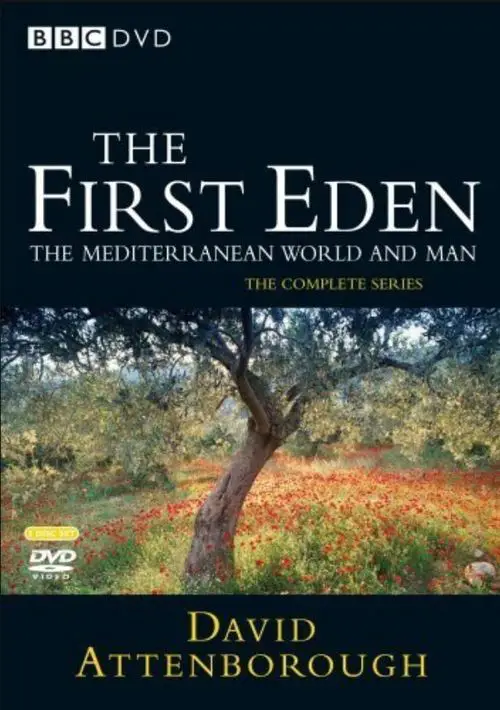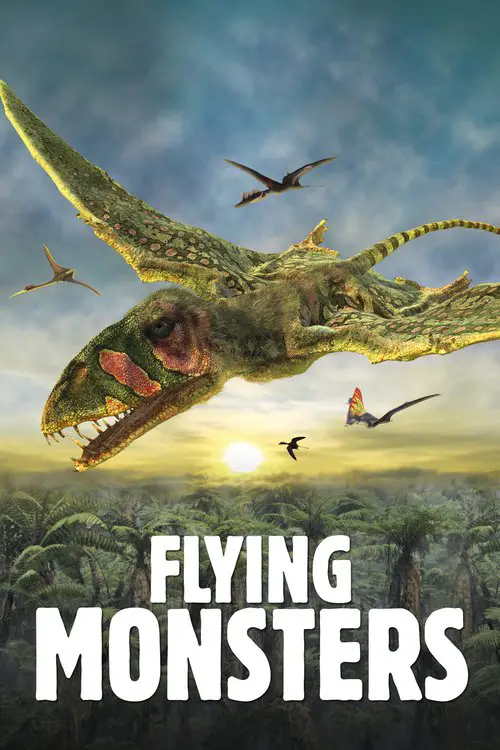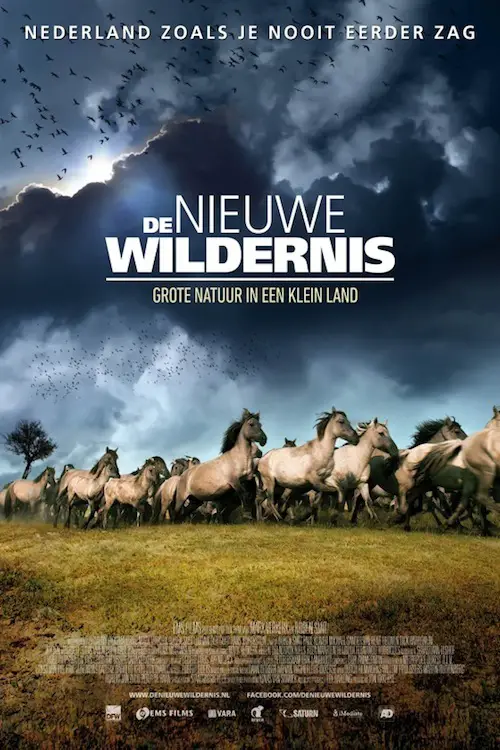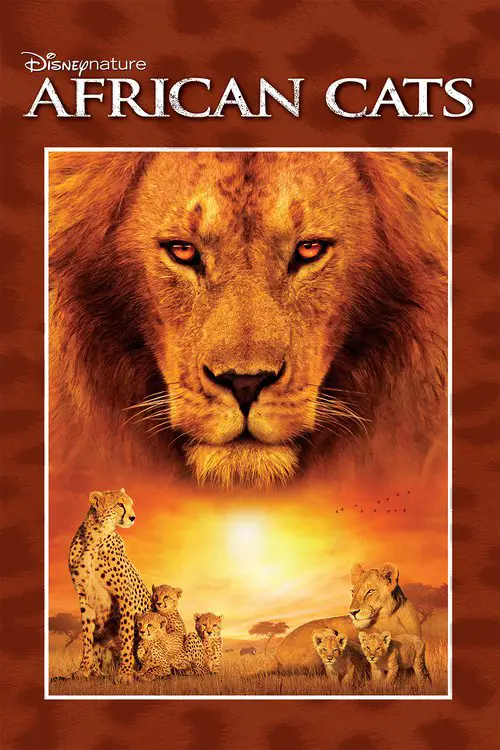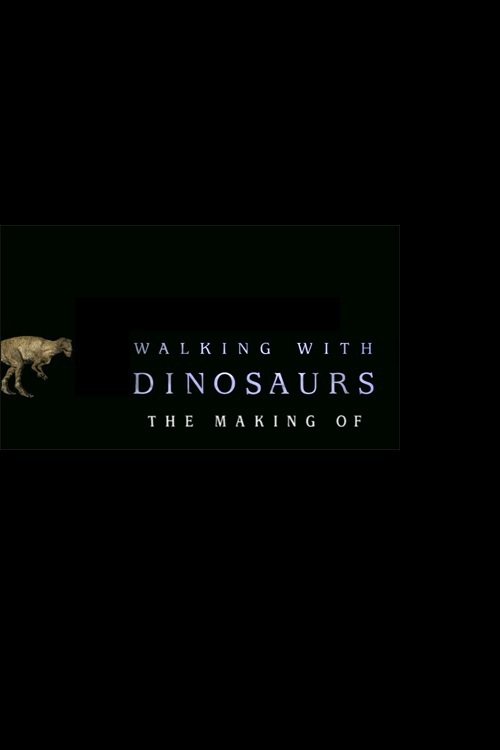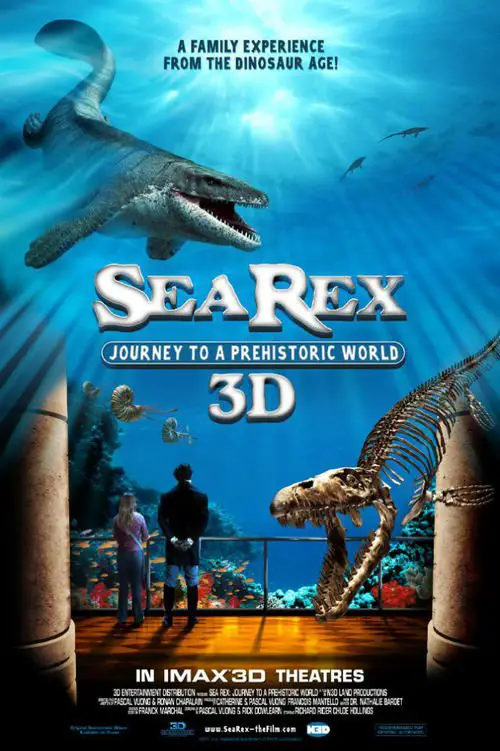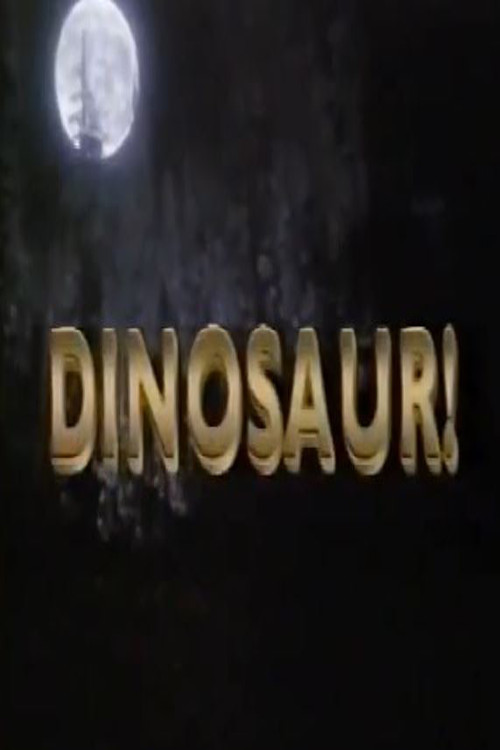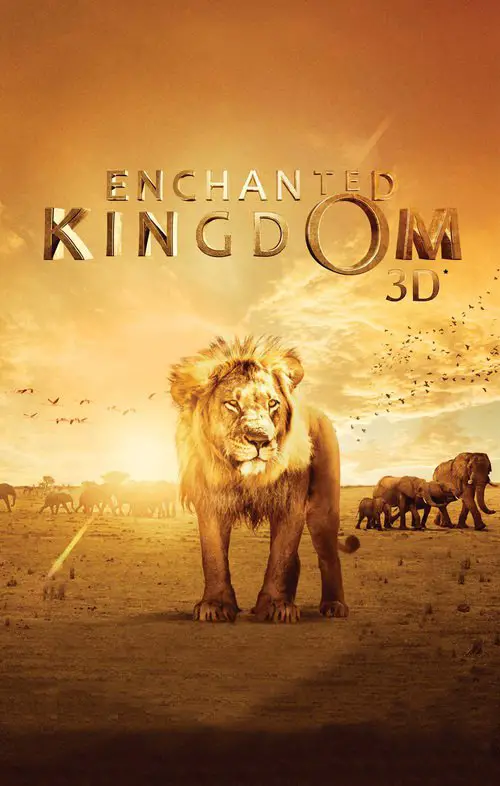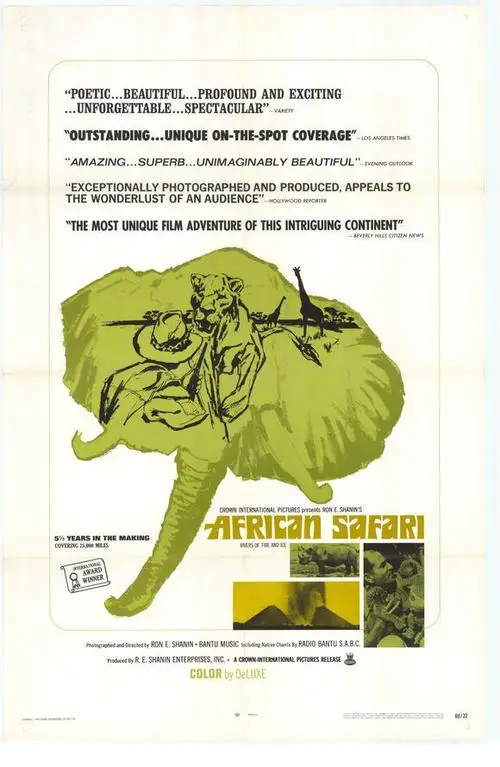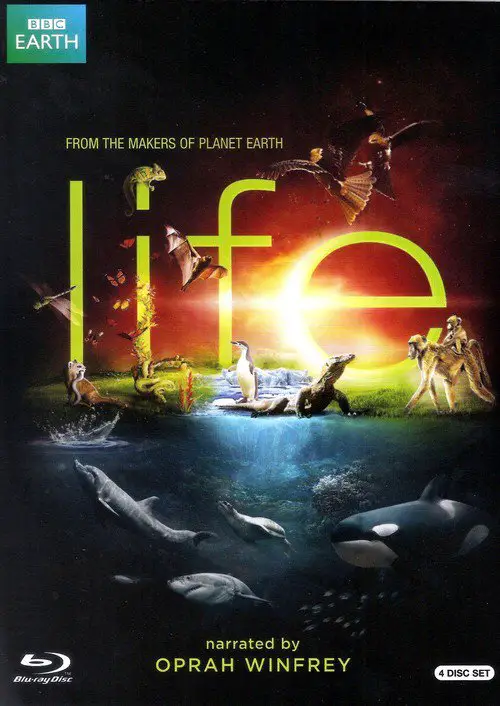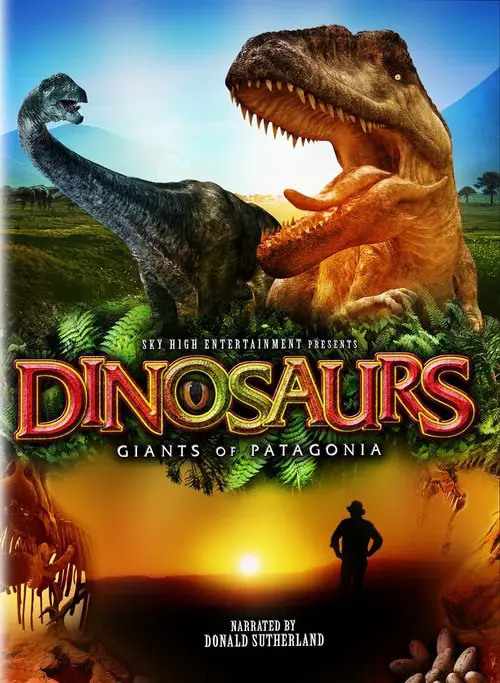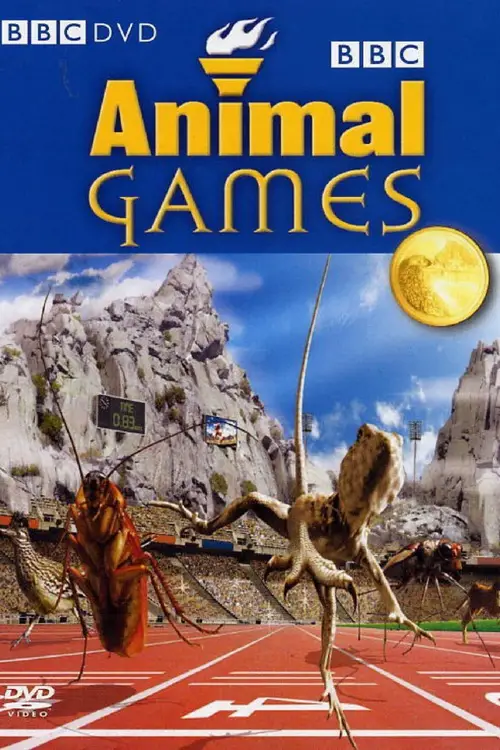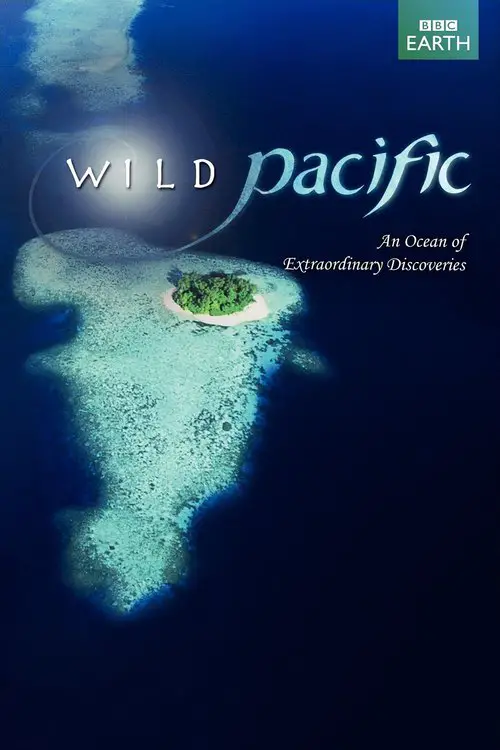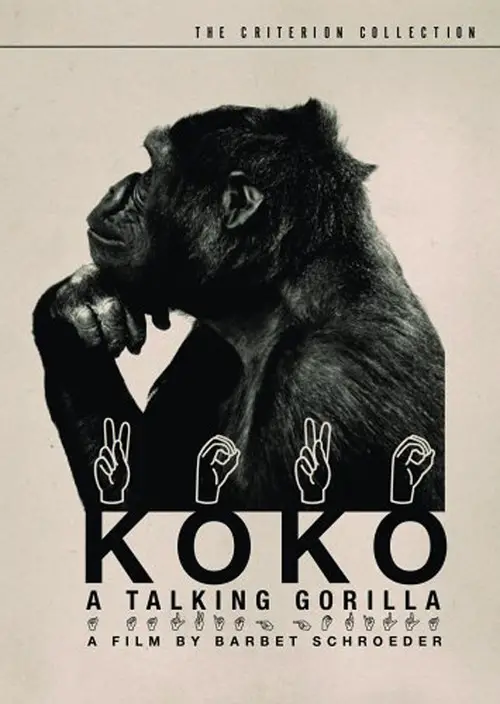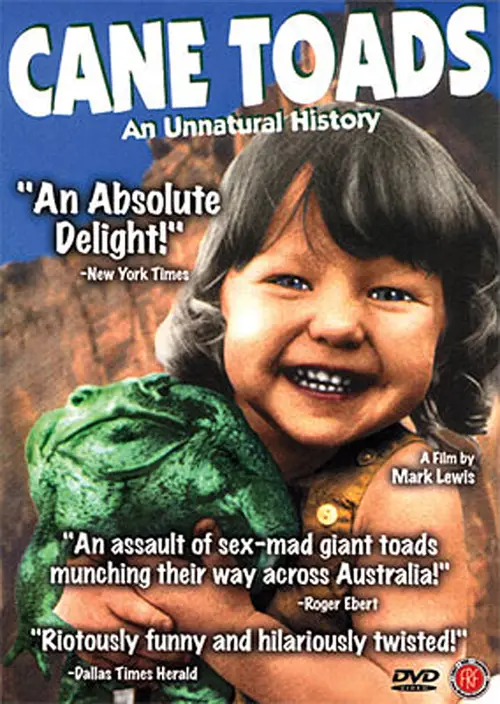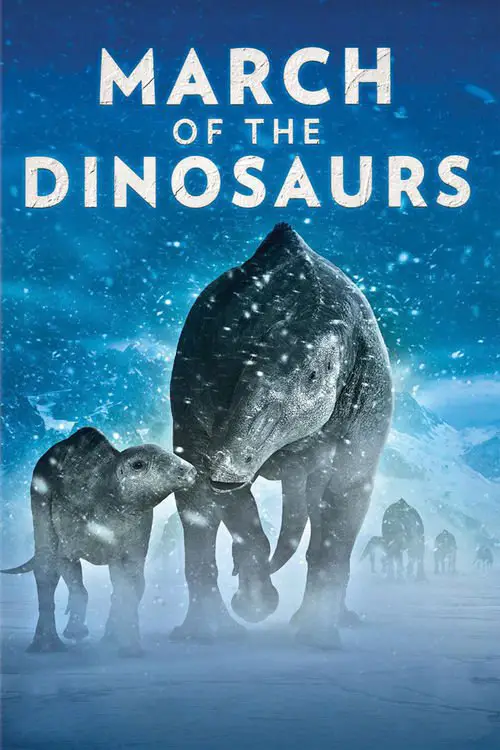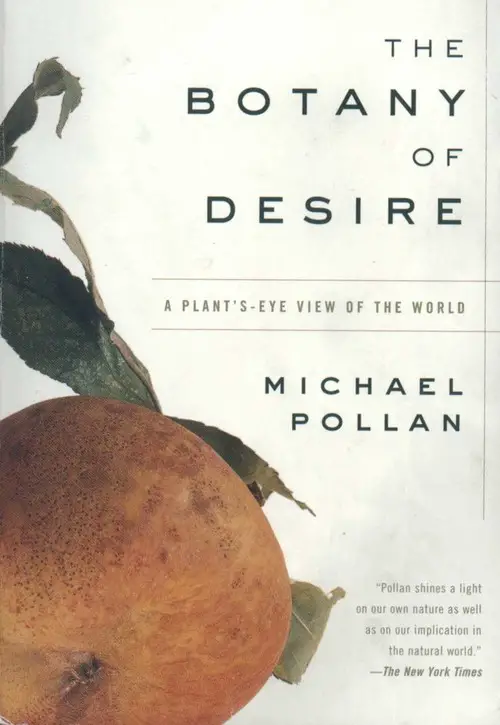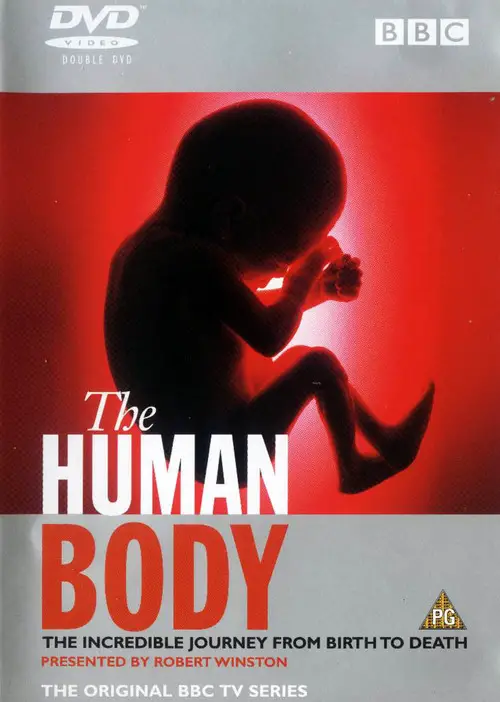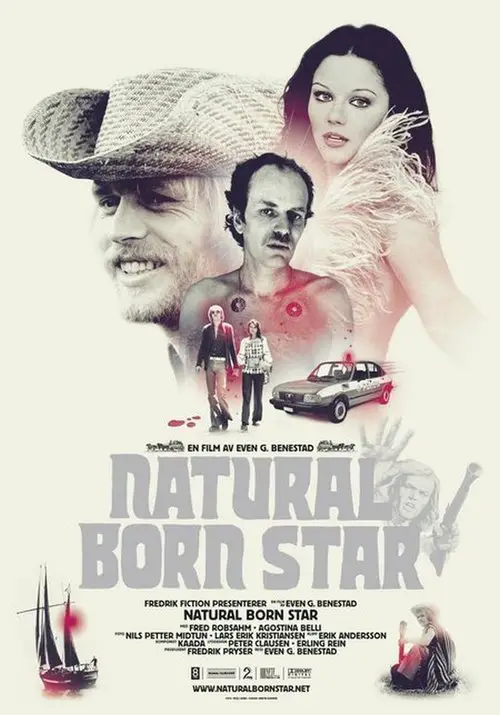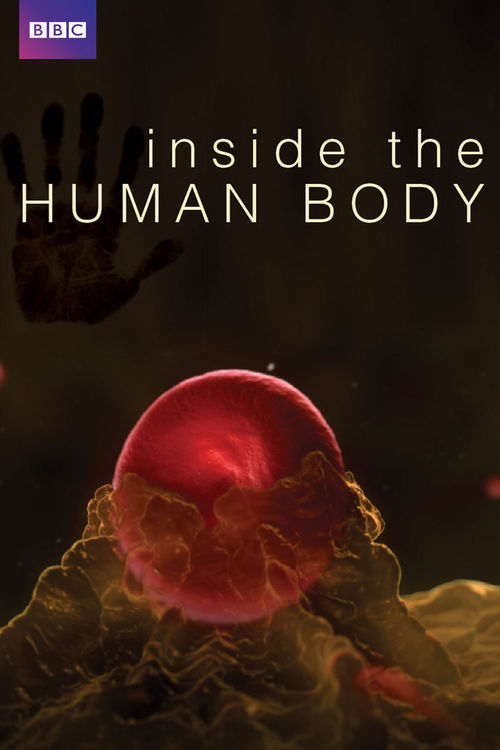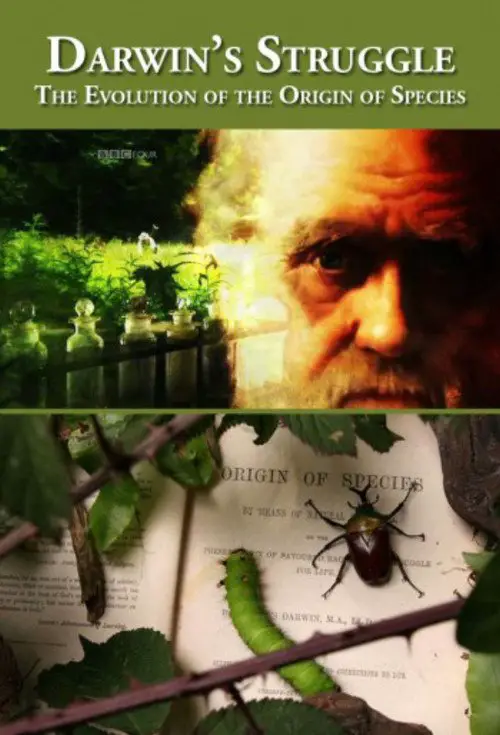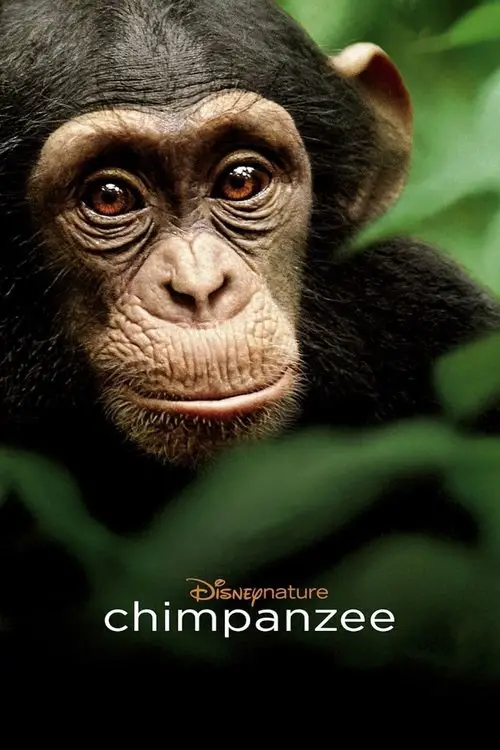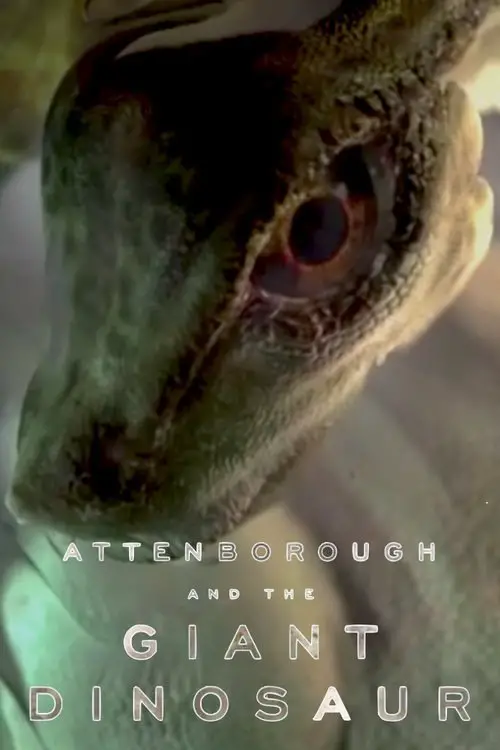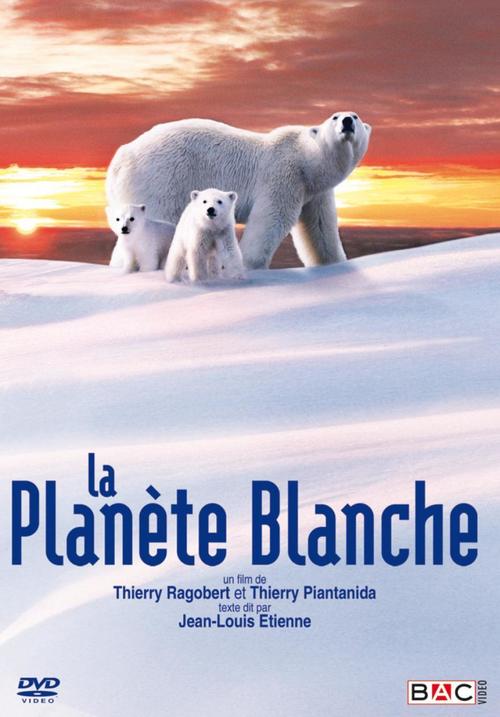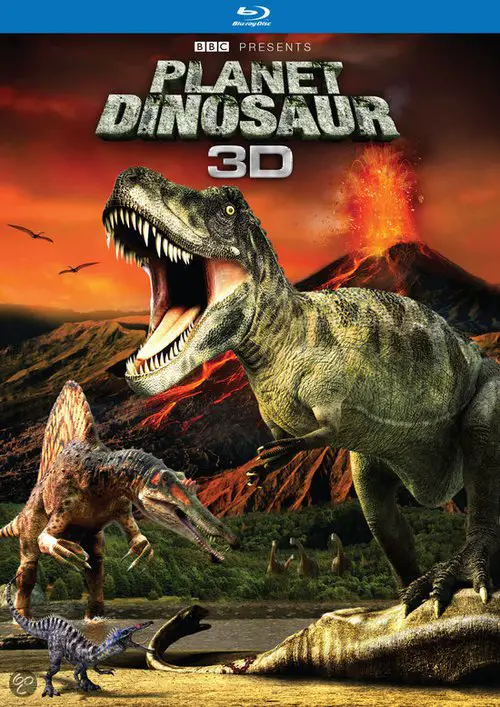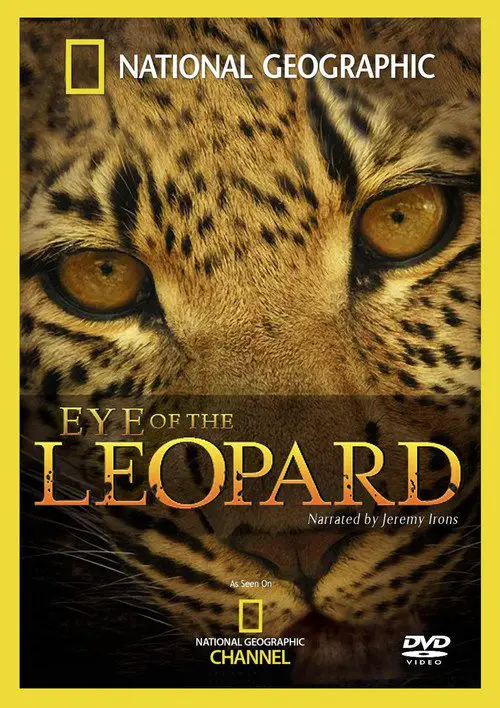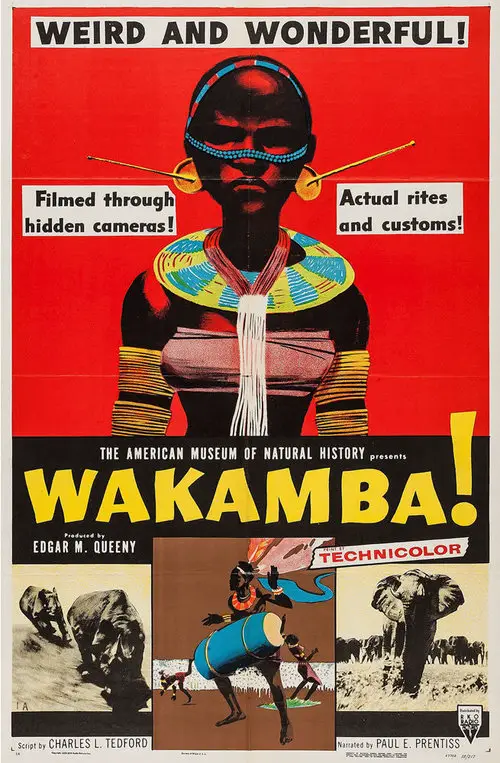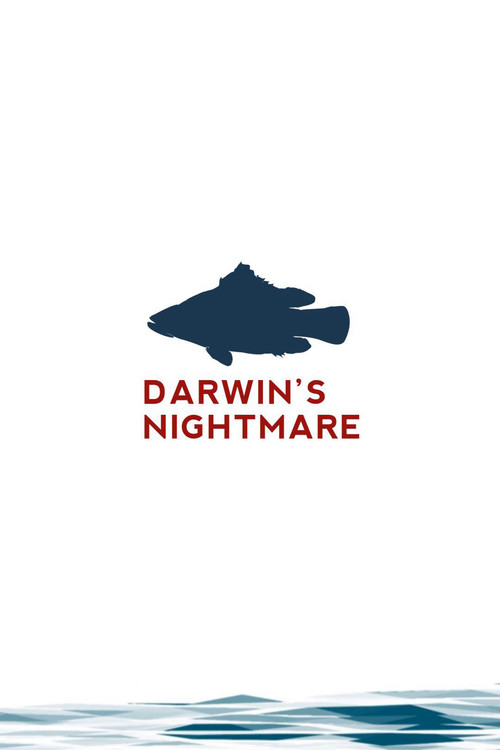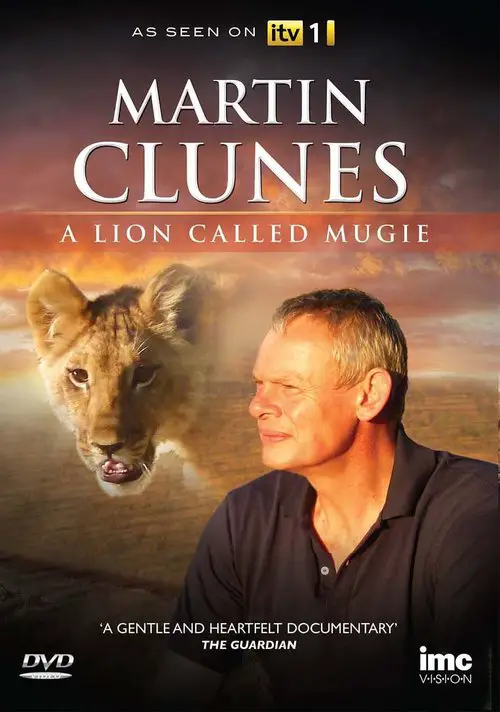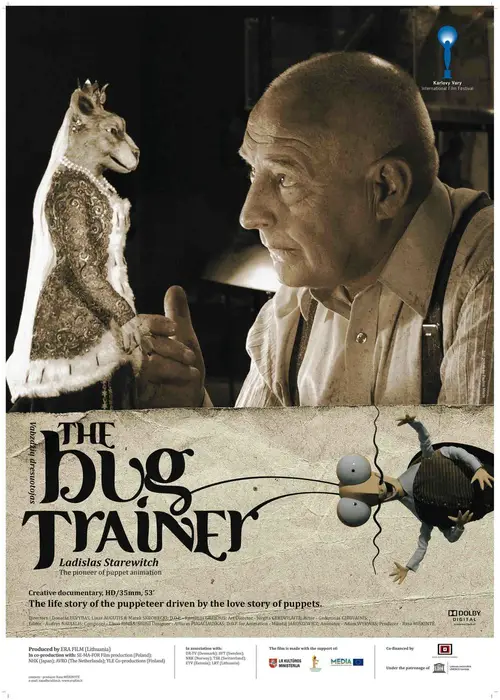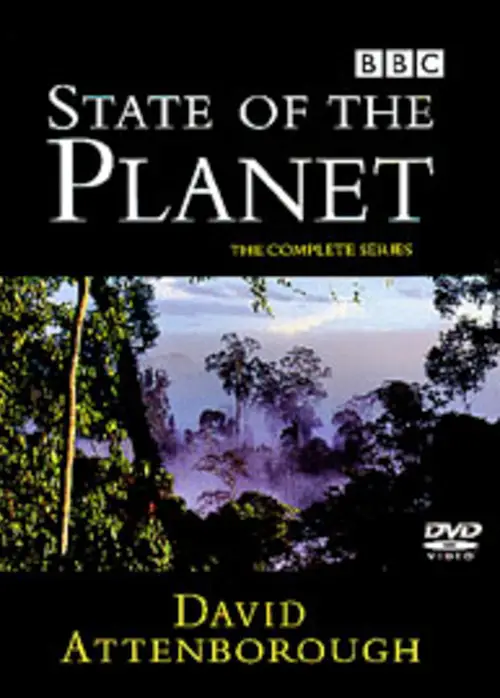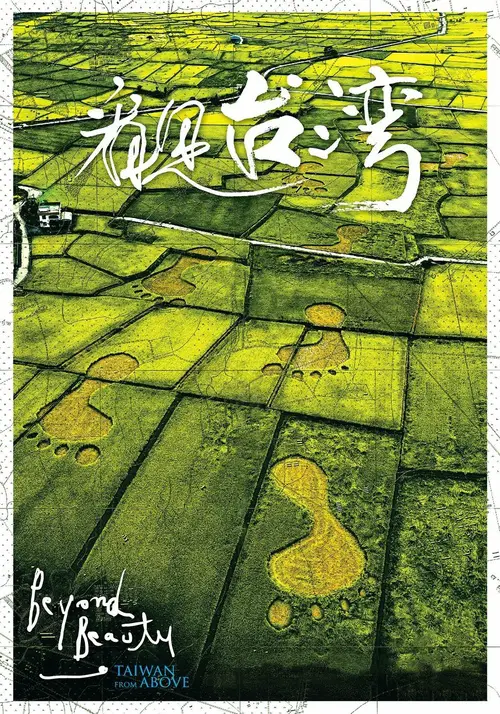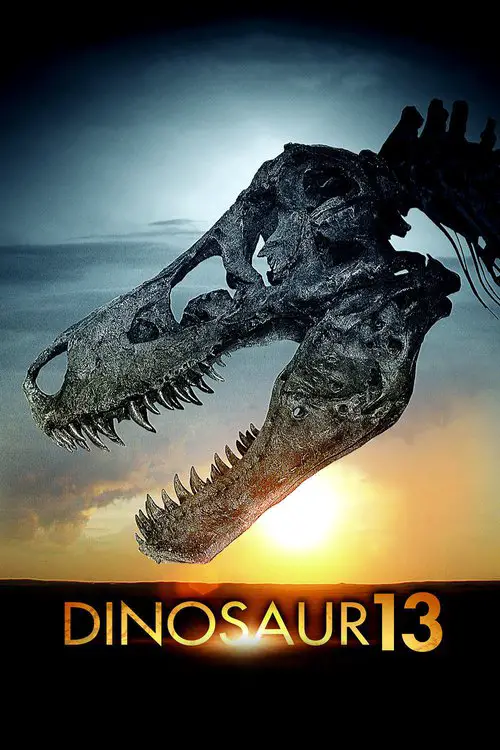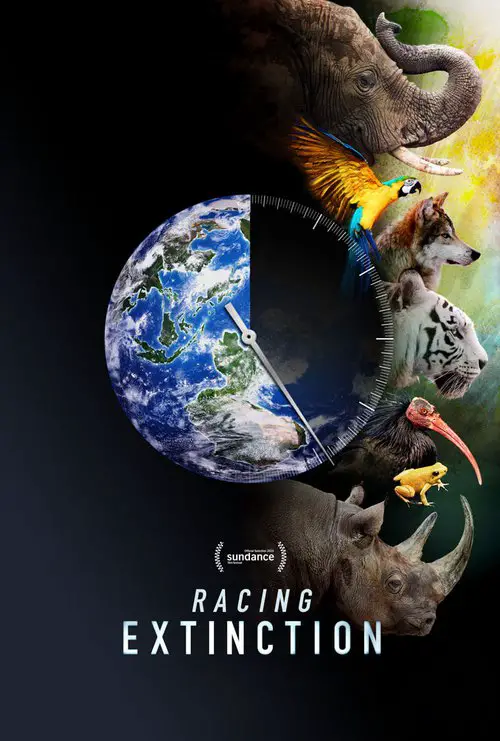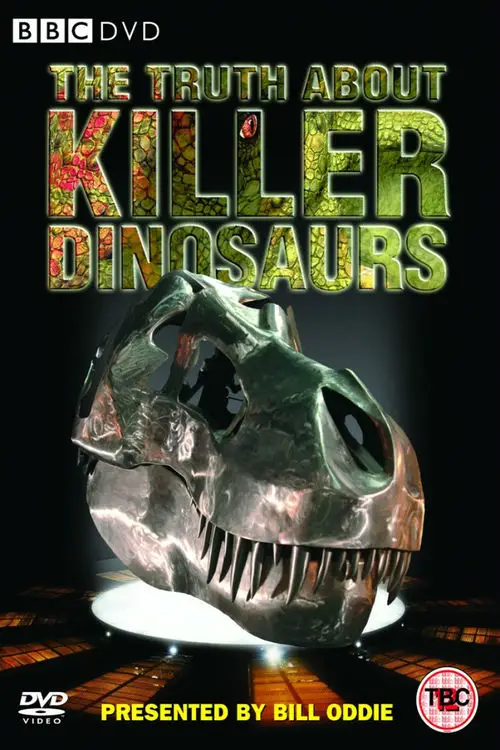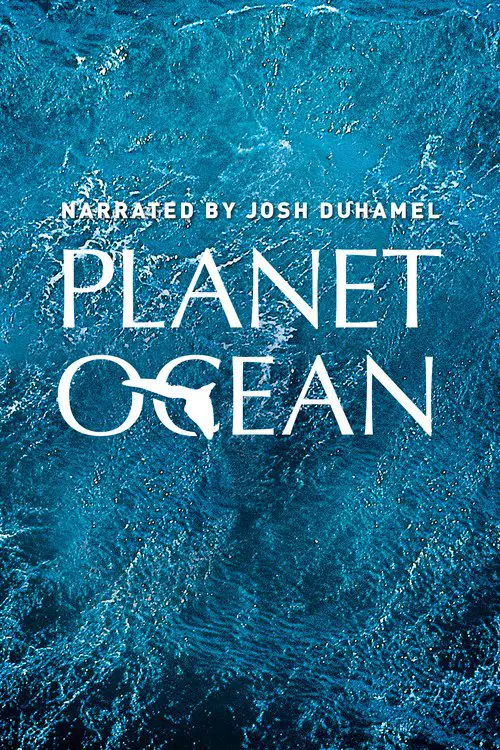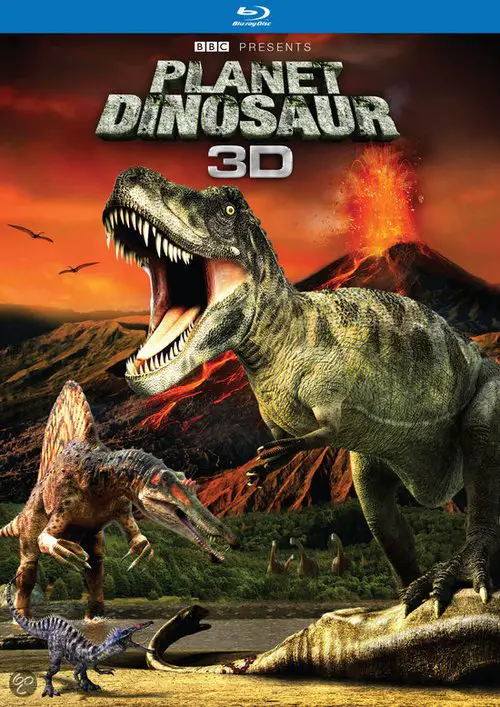The Animal World (1956)
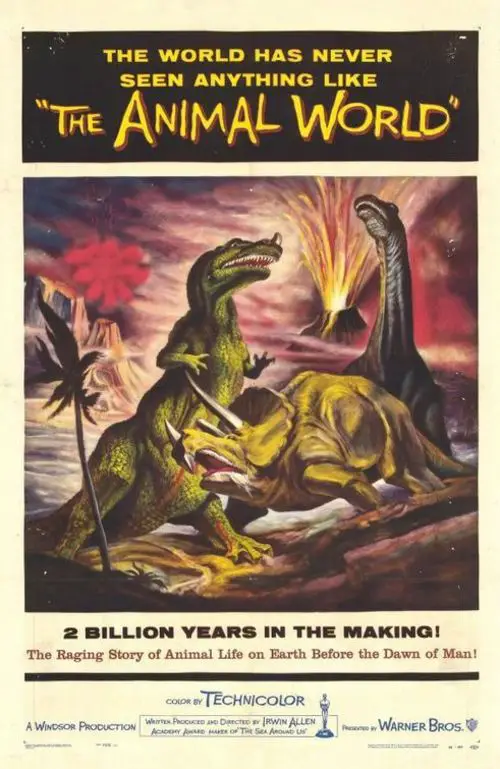
Similar movies
The story of a race against time to help preserve the untouched forests of Burma and its wildlife. For the first time in over 50 years, a team of wildlife filmmakers from the BBC's Natural History Unit and scientists from the world renowned Smithsonian Institution has been granted access to venture deep into Burma's impenetrable jungles. Their mission is to discover whether these forests are home to iconic animals, rapidly disappearing from the rest of the world.
Regular opening times do not apply as we accompany Sir David Attenborough on an after-hours journey around Londonâs Natural History Museum, one of his favourite haunts. The museum's various exhibits coming to life, including dinosaurs, reptiles and creatures from the ice age. Shot by the same 3D team that worked on Gravity, examines how the animals and creatures at the London museum once roamed the earth.
Planet Earth: The Future is a 2006 BBC documentary miniseries on the environment and conservation, produced by the BBC Natural History Unit as a companion to the multi-award winning nature documentary Planet Earth. The programmes were originally broadcast on BBC Four immediately after the final three episodes of Planet Earth on BBC One. Each episode highlights the conservation issues surrounding some of the species and environments featured in Planet Earth, using interviews with the film-makers and eminent figures from the fields of science, conservation, politics, and theology. The programmes are narrated by Simon Poland and the series producer was Fergus Beeley.
Darwin's great insight â that life has evolved over millions of years by natural selection â has been the cornerstone of all David Attenboroughâs natural history series. In this documentary, he takes us on a deeply personal journey which reflects his own life and the way he came to understand Darwinâs theory.
Award-winning musician Björk and legendary broadcaster and naturalist Sir David Attenborough have admired each other's work for years but this is the first time they have discussed their mutual love of music and the natural world on screen. In this remarkable documentary, Björk explores our unique relationship with music and discovers how technology might transform the way we engage with it in the future.
A documentary series from Channel 4, hosted by professor Richard Dawkins, well-known darwinist. The series mixes segments on the life and discoveries of Charles Darwin, the theory of natural selection and evolution, and Dawkins' attempts at convincing a group of school children that evolution explains the world around us better than any religion.
Thanks to a recent remarkable discovery in the BBC's Film Vaults, the best of David Attenborough's early Zoo Quest adventures can now be seen as never before - in colour - and with it the remarkable story of how this pioneering television series was made. First broadcast in December 1954, Zoo Quest was one of the most popular television series of its time and launched the career of the young David Attenborough as a wildlife presenter. Zoo Quest completely changed how viewers saw the world - revealing wildlife and tribal communities that had never been filmed or even seen before.
Geologist Ian Stewart explain in three stages of natural history the crucial interaction of our very planet's physiology and its unique wildlife. Biological evolution is largely driven bu adaptation to conditions such as climate, soil and irrigation, but biotopes were also shaped by wildlife changing earth's surface and climate significantly, even disregarding human activity.
In Japanâs crowded archipelago, there are still places where nature thrives â and Japan has a surprisingly vast range of landscapes, from the far north, where sea eagles walk on frozen seas, to subtropical southern islands, with coral reefs and volcanoes, and the central islands, with forested mountains, home to bears and monkeys. This series explores how life survives across these islands, and how humans and wildlife have found ways to live alongside the forces of nature and embrace them in quintessential ways.
Werner Herzogâs documentary film about the âGrizzly Manâ Timothy Treadwell and what the thirteen summers in a National Park in Alaska were like in one manâs attempt to protect the grizzly bears. The film is full of unique images and a look into the spirit of a man who sacrificed himself for nature.
It is a love story. When the twelve-breasted boar's sow farrows thirteen piglets, not having enough "sucking space" for the thirteenth, she rejects it and for the most part such piglets die. This drama from the world of animals paints the harshness of nature to the unwanted "thirteenth piglet", which we named Gile Baksuz (Gile Bad Luck). The rejected piglet is taken and given shelter by another species - a roe and her fawn...
220 million years ago dinosaurs were beginning their domination of Earth. But another group of reptiles was about to make an extraordinary leap: pterosaurs were taking control of the skies. The story of how and why these mysterious creatures took to the air is more fantastical than any fiction. In Flying Monsters 3D, Sir David Attenborough the worldâs leading naturalist, sets out to uncover the truth about the enigmatic pterosaurs, whose wingspans of up to 40 feet were equal to that of a modern day jet plane.
The movie De Nieuwe Wildernis is set in the Oostvaardersplassen, a nature reserve of high standard in the Netherlands. The reserve has been developed in a location that 40 years ago was under sea level in one of the most densely populated countries in the world. Nowadays, its the stage for a unique nature show: the nature determines the rhythm. EMS Films was the first with exclusive rights to shoot footage during all four seasons in the Oostvaardersplassen. The team of "De Nieuwe Wildernis" filmed in the Oostvaardersplassen over a period of two years. The result is a nature film never seen in The Netherlands before. It is a nature spectacle! The film features Konik horses, Red Deer, Foxes and Heck cattle, just to name a few, battling for new territories and survival.
African Cats captures the real-life love, humor and determination of the majestic kings of the savanna. The story features Mara, an endearing lion cub who strives to grow up with her motherâs strength, spirit and wisdom; Sita, a fearless cheetah and single mother of five mischievous newborns; and Fang, a proud leader of the pride who must defend his family from a once banished lion.
A behind-the-scenes look at how the animators, sculptors and palaeontologists, using the latest state-of-the-art animatronics and computer graphics, collaborated to re-create not just these pre-historic behemoths but their behaviour as well for the BBC natural history documentary miniseries "Walking with Dinosaurs".
Through the power of IMAX 3D, experience a wondrous adventure from the dinosaur age. Join Julie, an imaginative young woman, in a unique voyage through time and space. Explore an amazing underwater universe inhabited by larger-than-life creatures which were ruling the seas before dinosaurs conquered the earth. See science come alive in an entertaining manner and get ready for a face-to-face encounter with the T-Rex of the seas!
Starring Norman Winther as Himself, The Last Trapper is a mix of fact & fiction. Norman is not just an admirer of nature, he's a part of it. He survives the harshness of the climate and the wildlife by coexisting with it. With his wife Nebraska (played by May Loo), they live almost entirely off the land, making money by selling their furs.
An entertaining documentary look at dinosaurs with Emmy Award-winning special effects, feature film clips and stills, commentary by leading paleontologists of the time, and an on camera as well as voice-over narrative by Christopher Reeve. Shot on location in Los Angeles and New York at the American Museum of Natural History
An extraordinary, spell-binding journey through the realms of nature to discover that the natural world is stranger, more magical, more mystical than anything you could possibly imagine. You'll be propelled from enchanted forests to the edge of the underworld, from a paranormal planet into fantastical seas, from celestial mountains through mercurial waters, finally to experience the ultimate celebration of nature's magic, the greatest gathering of wildlife on Earth. You won't believe your eyes or ears as you meet amazing creatures and experience nature as it's never been seen before, eye-to-eye with the creatures, on an adventure where you will truly believe the real world is more extraordinary and awe-inspiring than any fiction.
David Attenborough's legendary BBC crew explains and shows wildlife all over planet earth in this 10-episode miniseries. The first is an overview the challenges facing life, the others are dedicated to hunting, the deep sea and various major evolutionary groups of creatures: plants, primates and other large sections of other vertebrates and invertebrates.
If it weren't for a series of cataclysmic events, a comet impact being first on the list, our planet could well still be the domain of dinosaurs. Following Pr Rodolfo Coria, a world-reknown Argentinian paleontologist, we visit sites of major discoveries he has contributed to in Patagonia and travel back in time to see these amazing beasts come to life in 3D...
As the human world gathers to stage the Olympic Games, this programme looks at what would happen if animals were to do the same. Competitors from the mammal, bird, insect, reptile and fish nations are scaled to human size as they compete in Olympic events. On screen BBC sport graphics impart facts and figures, with commentary from John Motson and Jonathan Pearce.
A documentary series on life in and adapted to the conditions of the Southern part of the Pacific Ocean, a vast aquatic region with an unequaled number of islands. Both wildlife and human cultures developed in a unique variety, largely determined by such natural conditions as huge distances, sea depths, currents and winds.
The cane toad was imported from Hawaii in 1935 to save Queensland's sugar crop from the grey-back beetle. It failed because the beetle could fly and the cane toad couldn't. But the cane toad stayed to become a pest of plague proportions and part of local culture and popular mythology. This offbeat and entertaining documentary presents not just the biological information, but also the surprising range of people's attitudes to these grotesque creatures, including keeping them as pets.
April 8, 2003: Karsten Heuer + Leanne Allison left the remote community of Old Crow,Yukon, to join the Porcupine Caribou Herd on their epic life journey. For 5 months the Canadians migrated on foot with the 123,000-member herd from wintering to calving grounds in Alaska's Arctic National Wildlife Refuge, and back again â 1500km across snow and tundra. They completed their journey on Sept. 8, 2003.
Featuring Michael Pollan and based on his best-selling book, this special takes viewers on an exploration of the human relationship with the plant world -- seen from the plants' point of view. Narrated by Frances McDormand, the program shows how four familiar species -- the apple, the tulip, marijuana and the potato -- evolved to satisfy our yearnings for sweetness, beauty, intoxication.
Documentary telling the little-known story of how Darwin came to write his great masterpiece, On the Origin of Species, a book which explains the wonderful variety of the natural world as emerging out of death and the struggle of life. In the twenty years he took to develop a brilliant idea into a revolutionary book, Darwin went through a personal struggle every bit as turbulent as that of the natural world he observed. Fortunately, he left us an extraordinary record of his brilliant insights, observations of nature, and touching expressions of love and affection for those around him. He also wrote frank accounts of family tragedies, physical illnesses and moments of self-doubt, as he laboured towards publication of the book that would change the way we see the world. The story is told with the benefit of Darwin's secret notes and correspondence, enhanced by natural history filming, powerful imagery from the time and contributions from leading contemporary biographers and scientists.
Romm's "Ordinary Fascism" pulls out all the stops in its selection of documentary material to draw the viewer not only into absolute horror about fascism and nazism in the 1920s-1940s Europe, but also to a firmest of convictions that nothing of the sort should be allowed to happen again anywhere in the world.
In a remote and forgotten wilderness, one of nature's last great mysteries unfolds: the birth, life and death of a million crimson-winged flamingos. Against a dramatic backdrop of never-before filmed landscapes, these secretive birds struggle to survive and prevail over danger and fate. This inspiring story, set in the extraordinary 'otherworld' of Lake Natron in northern Tanzania, the cradle of humankind, reminds us: here on earth is a universe waiting to be discovered.
David Attenborough tells the story of the discovery and reconstruction in Argentina of the world's largest-known dinosaur, a brand new species of titanosaur. Measuring 37m long and weighing 70 metric tons, it now holds the record as the biggest animal ever to walk the Earth. In 2014, a shepherd spotted the tip of a gigantic fossil bone sticking out of a rock in La Flecha Farm in the Chubut Province in the Argentinian desert. Palaeontologists soon uncovered a massive 2.4m long thigh bone, the largest ever found. By the end of the dig they had uncovered more than 220 bones. As the programme reveals, these all belong to a new species of the giant plant-eating titanosaur. Filmed over the next two years, Attenborough witnesses the uncovering and examination of these stupendous fossils and the dramatic construction of the complete skeleton. The film also reveals the internal secrets of this dinosaur and what it means to be a giant.
The White Planet or in French, La Planète Blanche, is a 2006 documentary about the wildlife of the Arctic. It shows interactions between marine animals, birds and land animals, especially the polar bear, over a one year period. The fragility of the Arctic is hinted at as a reason to prevent climate change. It was nominated for the Documentary category in the 27th Genie Awards in 2007.
Adapted from the multi-award winning BBC1 series, Planet Dinosaur 3D recreates the lost world of the dinosaurs in a groundbreaking stereoscopic production. This is one of the most ambitious animated programmes ever attempted for broadcast TV, recreating every detail of these extraordinary animals in an entirely digital production that stretches the boundaries of broadcast 3D with a scale and ambition normally reserved for Hollywood feature films. Planet Dinosaur 3D is a thrilling and immersive journey into a lost world. Pulling together cutting edge research from around the world this programme uses the latest, stunning fossil evidence to chart the rise and fall of the 'Ultimate Killers'; from the iconic Spinosaurus, the largest predator ever to walk the Earth, to Microraptor and the feathered, flying dinosaurs from China. At last, thanks to the advances in technology, and for the first time ever, these monsters can be experienced in all their full, magnificent wonder.
American docudrama film which takes place in Kenya. It is a dramatized presentation of some of the social customs of the Bantu people, as represented through a young native hunter, Tandu. Narrated by Paul E. Prentiss, the film was a co-production of the American Museum of Natural History and Jarville Studios.
Hosted by Ben Stein, this controversial documentary examines how pro-intelligent design scholars and scientists are often chastised, fired or denied tenured positions by those who believe in Darwin's theory of evolution. Nathan Frankowski's film explores how scientists who believe in God are oppressed and how the acceptance of Darwinism might have played a role in the formation of the Nazi regime.
© Valossa 2015–2026
| Privacy Policy
